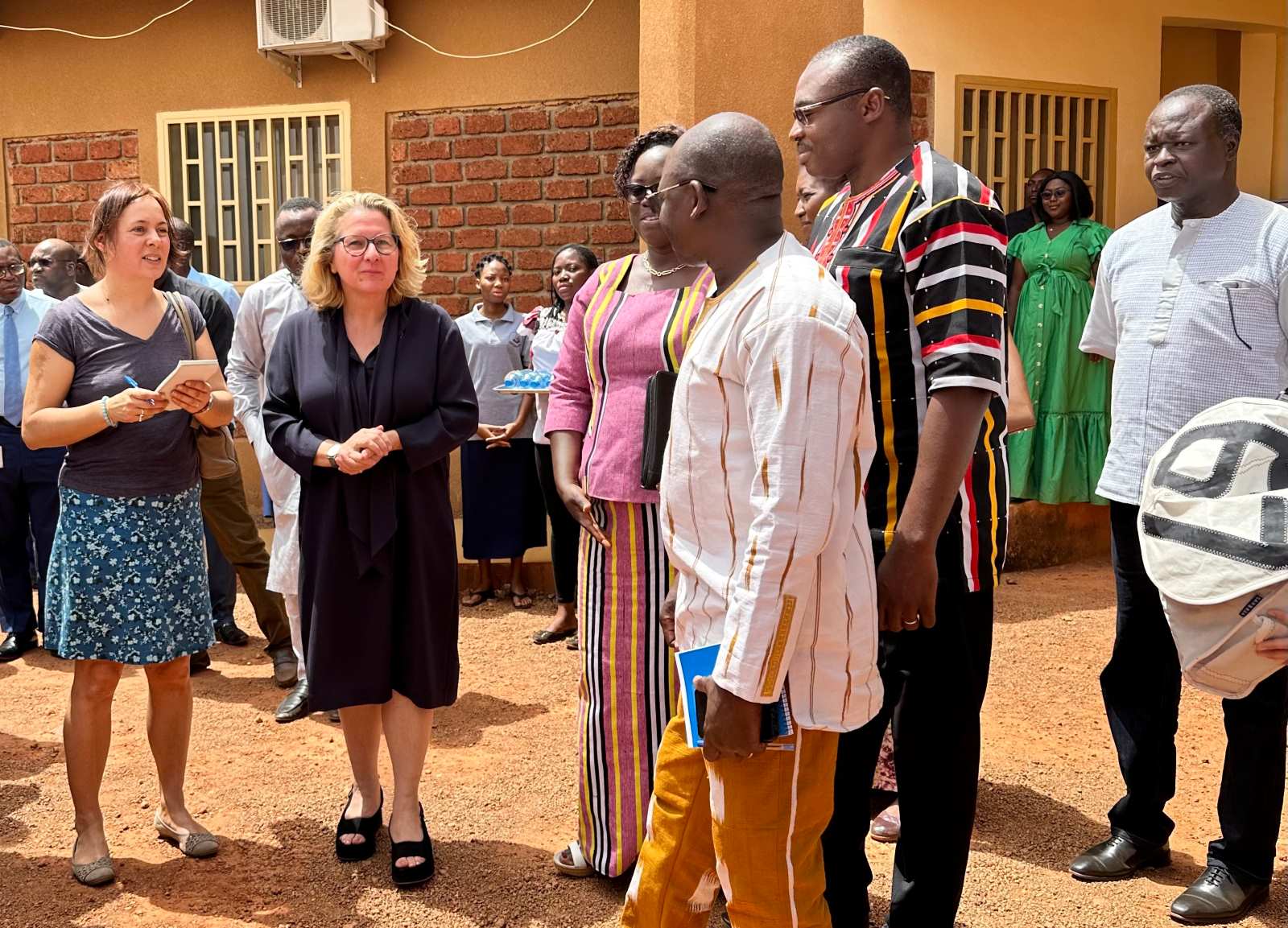Civil society
Pay attention to human rights
According to Welthungerhilfe and Terre des Hommes (TDH), the German government needs inter-agency guidelines that are not only enforced by the Federal Ministry for Economic Cooperation and Development (BMZ). The activists argue in their recently published 20th annual report that the entire government, including the Foreign Office and the Ministry of Economics and Technology, must pay attention to human rights.
Furthermore, the two non-governmental agencies demand more development-oriented coherence in EU affairs. They also insist that established donor nations should take more account of the growing role of rising powers like China, Brazil or India in global development.
Independent activities
Some 2 billion people live on less than a dollar’s purchasing power per day, and many of them live in countries with generally positive economic trends. India alone accounts for 400 million people in need, more than sub-Saharan Africa, says Wolfgang Jamann, the chairman of Welthungerhilfe. He points out that these people’s governments, not foreign agencies, bear responsibility. Jamann argues German policymakers should support civil society in the countries concerned.
The definition of “civil society” was on the agenda of a conference on the future of German development policy in Eichholz near Bonn in April. The host was the Christian Democrats’ Konrad-Adenauer-Stiftung. Participants agreed that civil society rests on people making use of their fundamental freedoms of speech, assembly and association and forming non-governmental organisation to pursue their interests peacefully. In the view of Frank Bliss, a social anthropologist from Hamburg, however, policymakers tend to only heed civil society advice from academics who basically argue along government lines. He says that representatives of grassroots organisations of farmers or workers have hardly any public influence.
People who are struggling for their survival, moreover, can hardly be expected to become civil society activists. Paul Armbruster from the Deutscher Genossenschafts- und Raiffeisenverband, an umbrella organisation of German cooperative businesses, insists that civil society needs a solid economic foundation: “Peasants cannot participate in public life unless they have access to markets, and can afford to spend time doing other things than farming.”
Ultimately, the responsibility for people’s welfare lies with governments, insists Ulrich Post, the chairman of VENRO, an umbrella organisation of German aid NGOs. In his view, however, “more trust in civil society” would contribute to fighting poverty. (ph)










